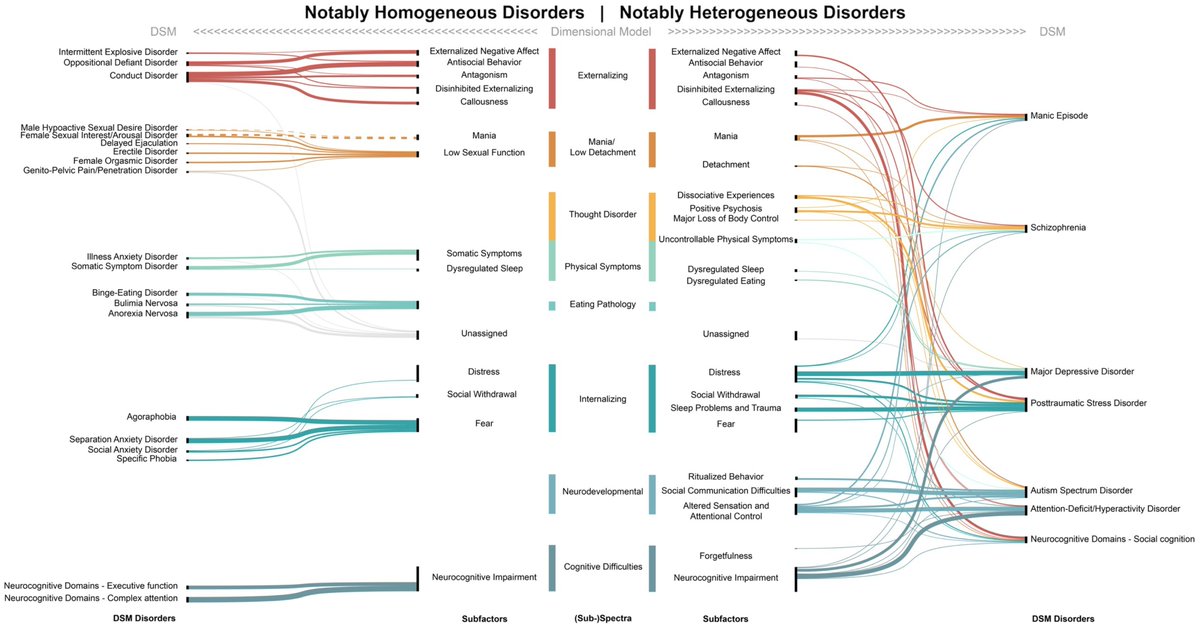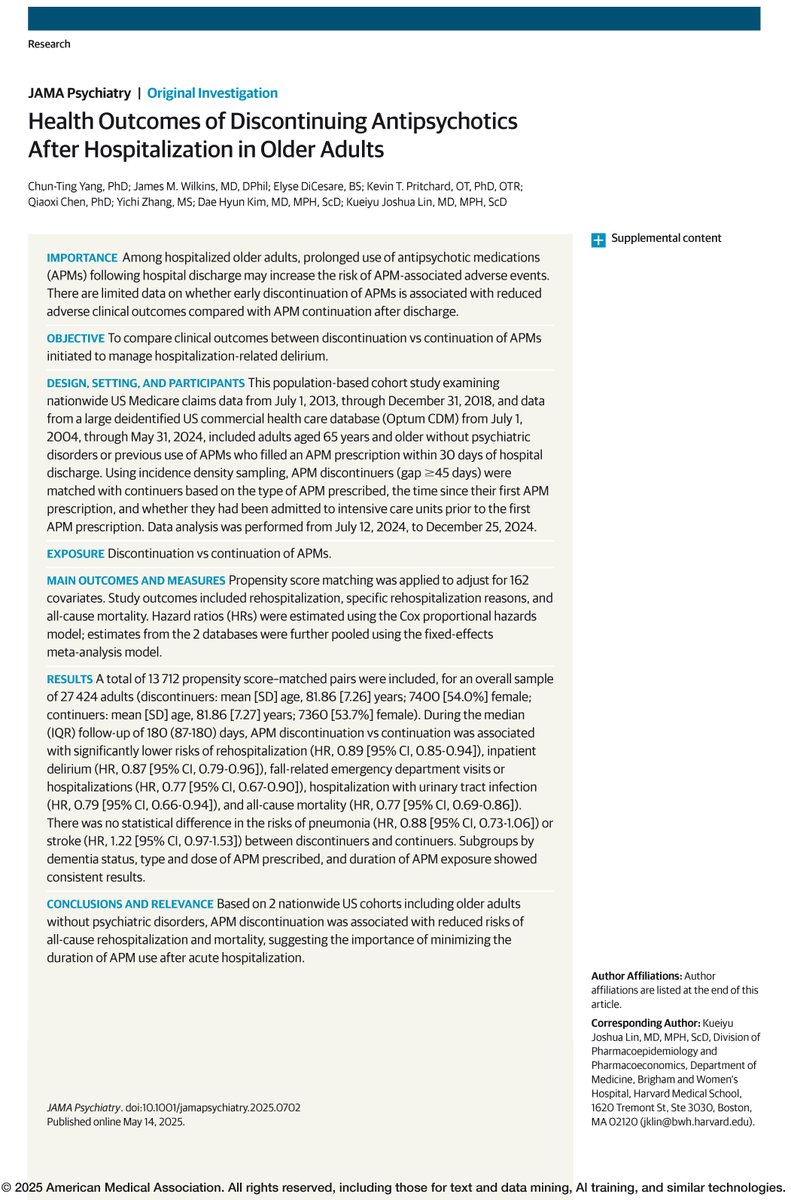
Jesse Passler, PhD, ABPP-CN
@passlerjs
Clinical #Neuropsychologist 🧠 @uabmedicine alumnus 🧠 trained @bcmhouston / #TIRRmh 🧠 views my own 🧠 likes/retweets =/= endorsement 🧠 #neuropsychtwitter
ID: 1262054834204823552
17-05-2020 16:18:22
235 Tweet
1,1K Takipçi
1,1K Takip Edilen




What some resources/books you found helpful in preparing for the oral board examination? #NeuroPsych Cady Block, PhD, ABPP-CN




Long covid is not the only chronic condition triggered by infection economist.com/science-and-te… from The Economist



Many mental-health conditions have bodily triggers economist.com/science-and-te… from The Economist



Happy to become a board certified neuropsychologist today. Thank you to all my mentors and colleagues including the great Cady Block, PhD, ABPP-CN !



Most viewed this week from JAMA Psychiatry: ADHD medications are consistently associated with reduced risks of self-harm, unintentional injury, traffic crashes, and crime, but these protective effects weakened as prescription rates increased. ja.ma/3ISDpV5








